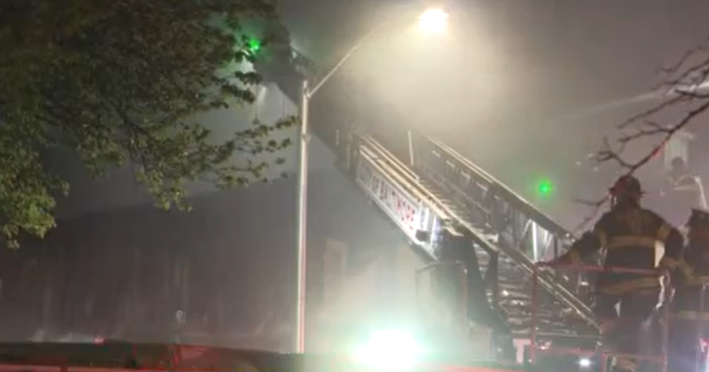Copyright ghanamma

The Food and Beverage Association of Ghana (FABAG), alongside other trade unions, has raised concerns over the recent hike in electricity tariffs, despite prior stakeholder engagements by the Public Utilities Regulatory Commission (PURC). Speaking on behalf of the association, the Executive Chairman, Reverend John Awuni, in a press release, described the situation as dire, stating that businesses are being “strangled by tariffs daily,” a burden that is eroding their competitiveness in both local and international markets. According to Awuni, the rising cost of electricity is also forcing manufacturers and SMEs to either scale down operations, lay off workers, or pass on the high costs to already struggling consumers. He warned that the current pricing structure is not only unsustainable but also counterproductive. Awuni further argued that the pricing model disproportionately affects energy-intensive sectors such as factories, cold storage facilities, and agribusinesses, discouraging local production and making imports more attractive. He stressed that no amount of tariff increases can compensate for the inefficiencies, mismanagement, and corruption plaguing the utilities sector. Cedi strengthens to GH¢10.70 against US dollar “We wish to state that the skyrocketing cost of electricity in Ghana is not just unsustainable, but it is anti-business, anti-growth, and fundamentally flawed. Ghanaian enterprises and citizens are being strangled by tariffs daily that defy economic logic, crush competitiveness, and create fertile ground for illegal connections and power theft. “The pricing structure disproportionately affects productive sectors such as factories, cold storage, and other energy-intensive industries, thereby discouraging local manufacturing and making imports even more attractive. No amount of higher tariffs can sustainably compensate for the inefficiency, mismanagement, poor revenue collection, bad debts, poor workers’ attitude, and corruption in our utilities,” the release said. Below are the demands of the Food and Beverages Association of Ghana (FABAG): (1) A full audit of the real cost of power production and distribution. (2) A simplified, transparent tariff structure that rewards efficiency and productive use. (3) Urgent relief for businesses, particularly in manufacturing and agribusiness. (4) Crackdown on internal waste and corruption in the power sector, not just illegal connections. (5) Implement quantifiable internal or operational cost-cutting measures to save resources for revamping these agencies. Watch the latest edition of BizTech below



